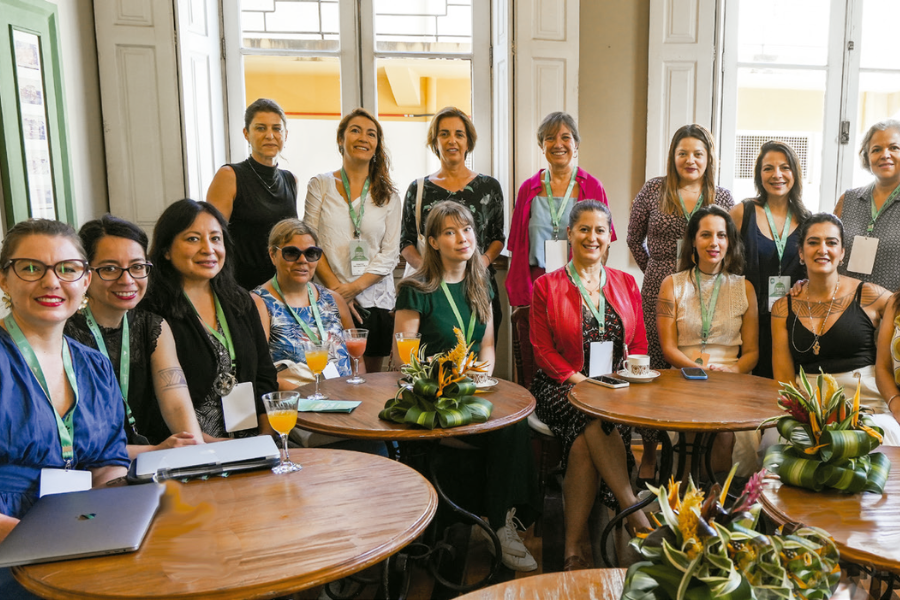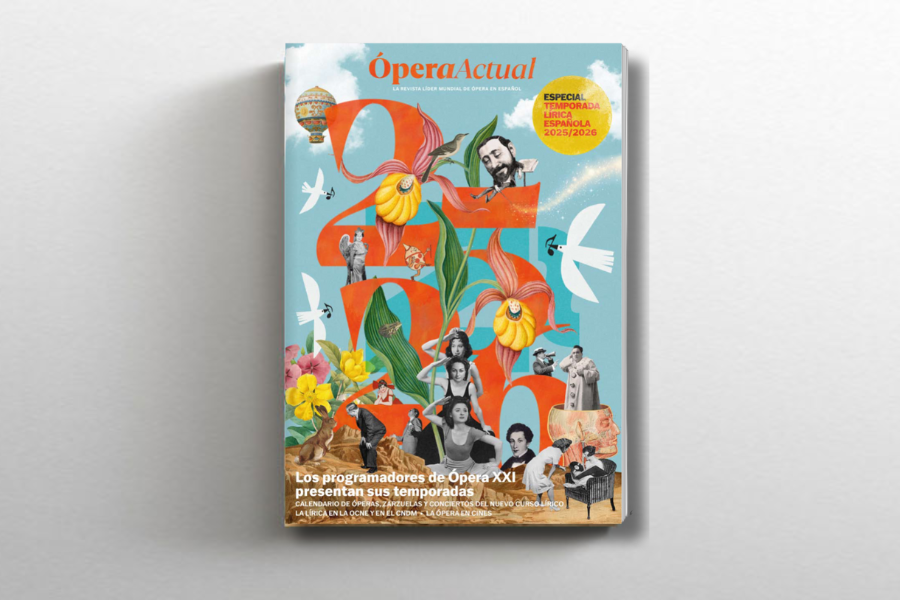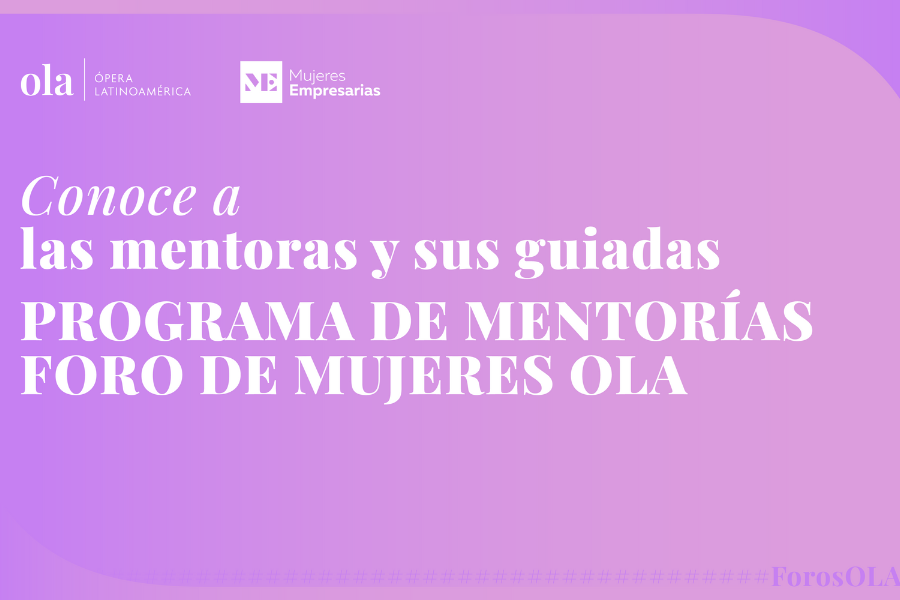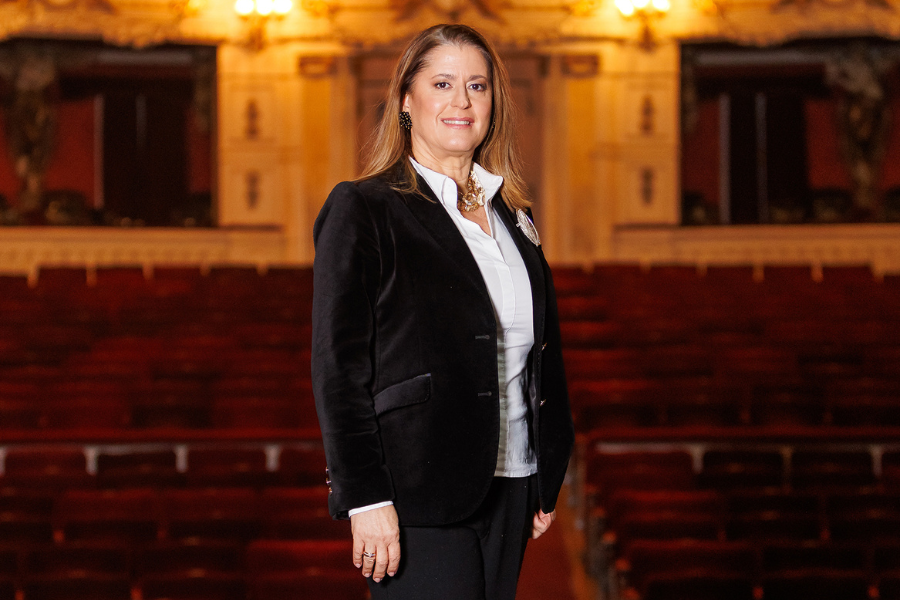Accelerators for Gender Equity | Article in “Ópera Actual” magazine

In a new column for the latest issue of Ópera Actual magazine, Paulina Ricciardi, executive director of Ópera Latinoamérica (OLA), addresses the initiatives and specific actions that several OLA theaters have fostered to accelerate gender equity within their organizations. She also delves into the projects the association itself has created, such as the OLA Women’s Forum, which is currently implementing a mentoring program for professional women. “In this journey, the language we use is also a tool to accelerate the closing of this gap. Equality and equity, while they aim for the same thing, have different connotations,” she explains.
By Paulina Ricciardi, executive director of Ópera Latinoamérica (OLA)
It will take the world 123 years to achieve gender parity, according to the World Economic Forum’s Global Gender Gap Report 2025. While the figure is grim, it also demonstrates that action is working: Latin America and Europe are the regions that would take the least time to achieve parity—57 and 76 years, respectively—and the opera sector is an expression of this.
50 percent of the 52 organizations that comprise Ópera Latinoamérica (OLA) are currently led by women, in addition to six female technical directors and dozens of managers in other areas. This explains why OLA and the theaters are promoting actions to accelerate progress in this area.
In 2023, the OLA Women’s Forum (pictured) was founded in Manaus, with the intention of promoting this agenda among its members. From there, the Mentoring Program emerged, launched in March, in which 25 directors and area leaders will voluntarily offer three personalized work sessions to women advancing in their careers.
In June, during the 18th Annual OLA Conference held at the Palau de Les Arts, this Forum took an important step by bringing all network participants into the conversation to advance gender equity together at all levels. Empathy, flexibility, and resilience in female leadership were highlighted, and the difficulties women face in their careers were addressed, as was the importance of having role models to provide security for those coming up.
What more can be done in this regard? For example, strengthening the participation of women in various areas of management, composition, choreography, musical and stage direction, design, among others, including programming or projects with a gender perspective, as is being done by the Teatro Mayor, the Municipal Theater of São Paulo, the Amazonas Opera Festival, or the Municipal Theater of Santiago de Chile. Equal pay policies and protocols for preventing and managing cases of abuse or harassment are also key, as already implemented by theaters such as the Real, the Maestranza, the Auditorio del Sodre, the Solís, and Teresa Carreño. Furthermore, it is essential to make this work visible. A recent and commendable example is the Teatro de la Zarzuela’s Mujeres de Zarzuela project, which generated Wikipedia articles on important women in the history of Spanish opera.
Along this path, the language we use is also a tool to accelerate the closing of this gap. Equality and equity, while aiming for the same thing, have different connotations. The former denotes treating everyone equally, while equity implies recognizing individual differences and needs to ensure fair treatment and equal opportunities for all.
To achieve equality, then, equity must guide our work.





